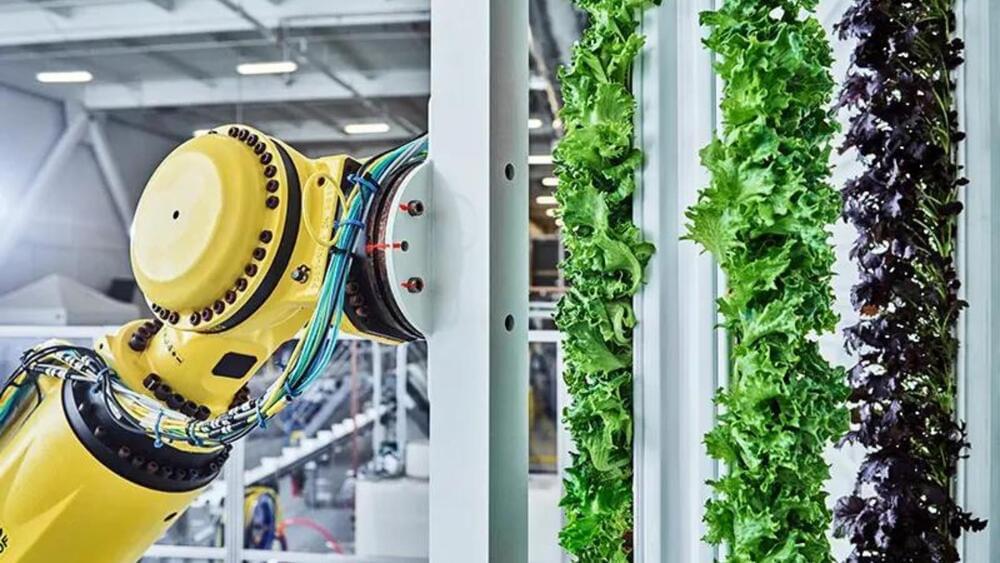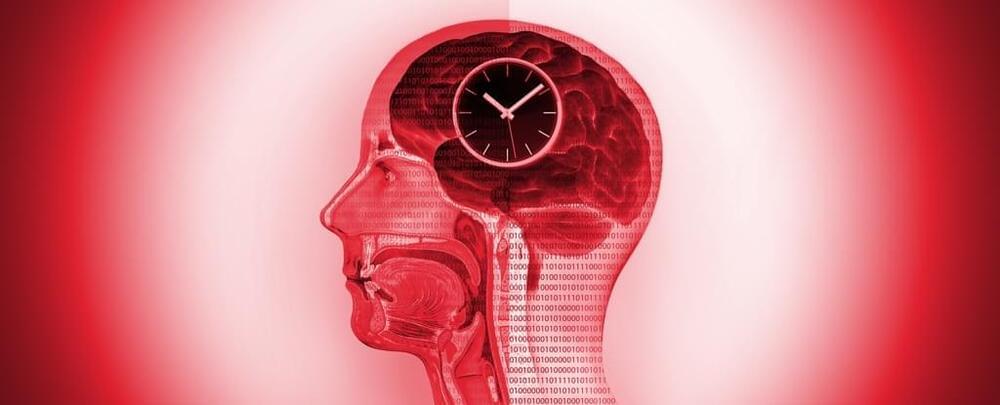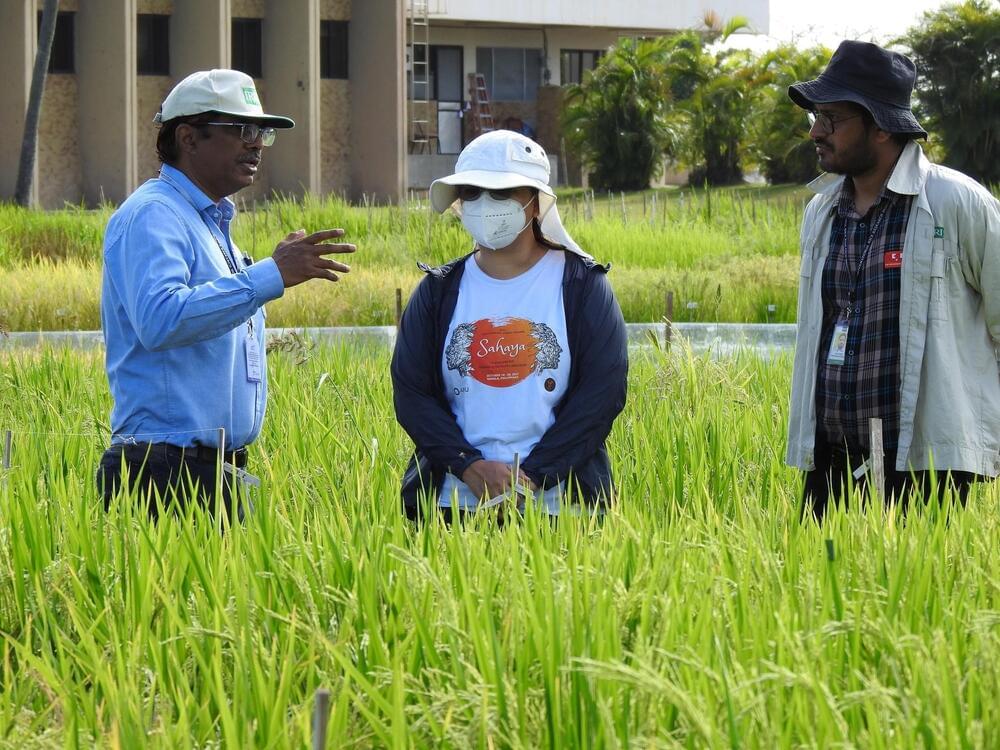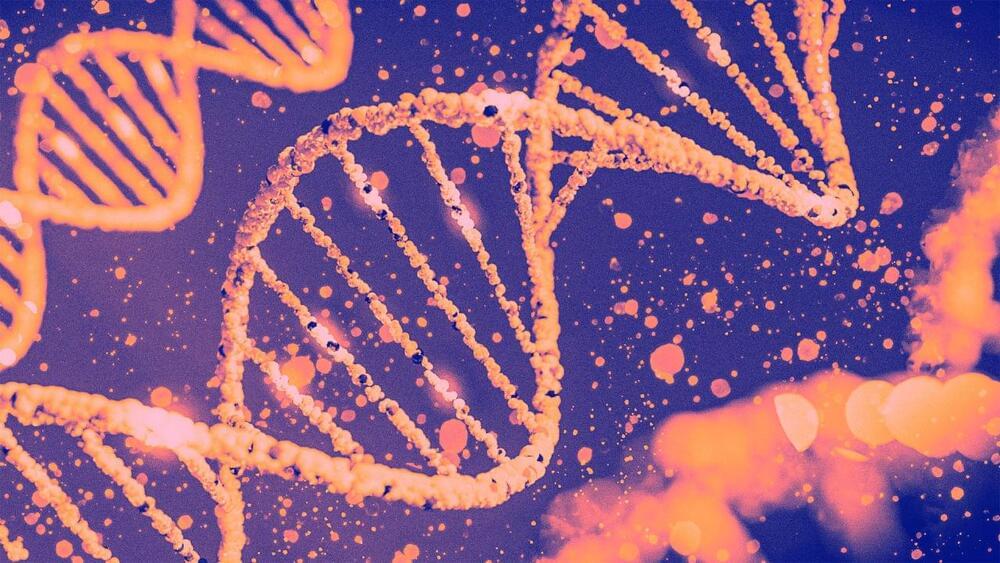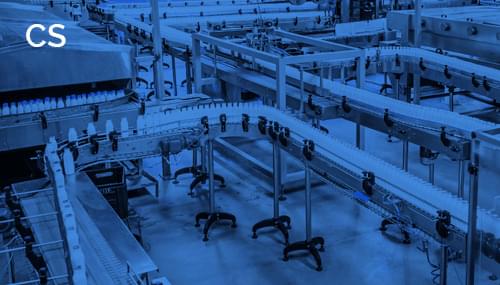The firm developed vertical farming and integrated advanced robotics to handle tasks such as planting, harvesting, and ensuring efficient, automated processes.
A cutting-edge technology indoor vertical farm could transform food production. Plenty, a San Francisco-based company, curated a high-tech robot farm.
Vertical farming involves growing crops in stacked towers indoors while advanced robotics handle tasks from seed planting to harvesting, ensuring efficient, automated processes.
What’s so ‘high-tech’ about Plenty’s farm?
This indoor farm employs a precisely controlled environment, including custom LED lighting systems that mimic sunlight to optimize plant growth, flavor, and texture while minimizing energy consumption.
